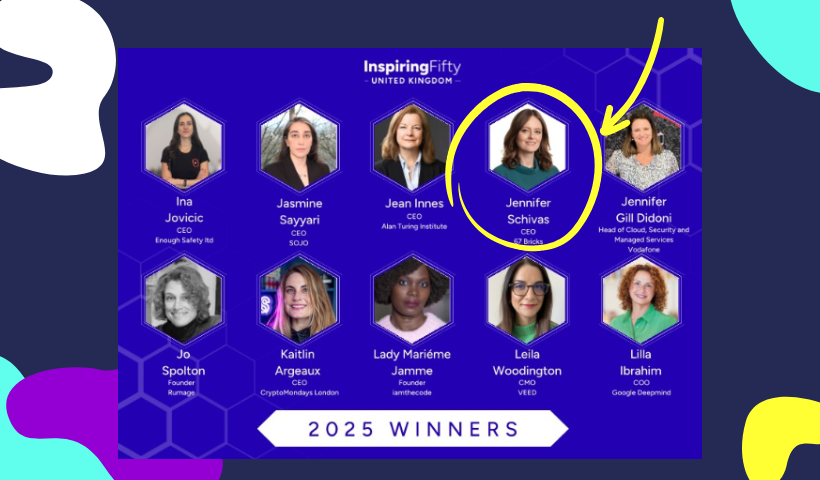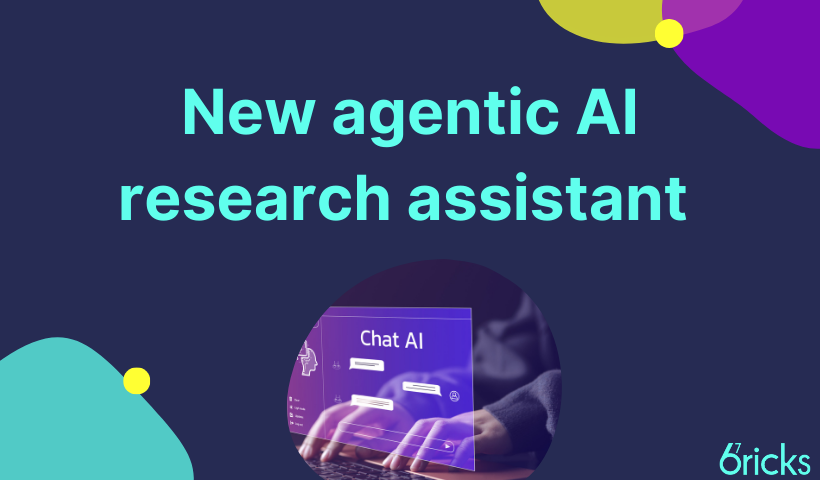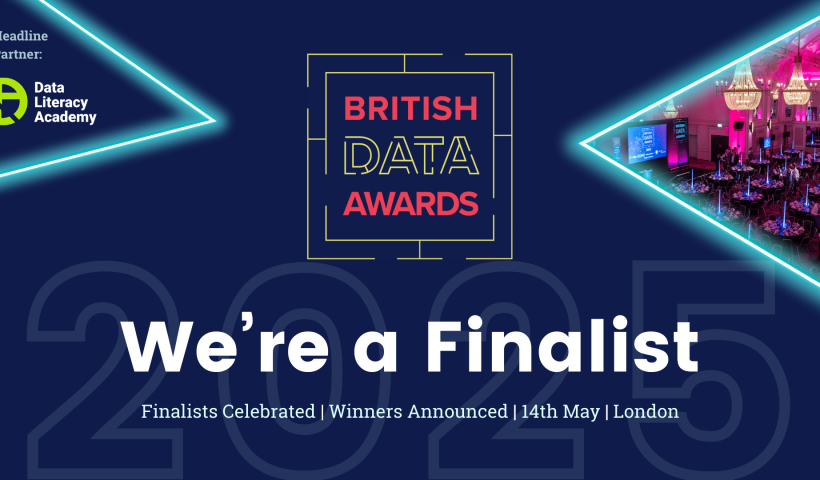First things first – how long have you been a 67 Bricker?
Since Jan 2021.
What was your path here – what were you doing before, and why did you apply to join us?
I started off in academia and have a PhD in Computational Physics, modelling electrons wandering around various types of semiconductor. I then went to work for a pesticide company, modelling fish wandering around various environments. The two jobs were surprisingly similar. I decided to leave that job quite quickly because the company laid off most of the scientists and I didn’t want to work in such a reduced team.
I stumbled into software development by accident – one evening I cobbled together a CV and posted it on a job site, and the following morning I got an interview, and by the next day I’d been offered a job. It was a bit of a leap going from computer modelling into professional software development. Up until that point I’d written quite a bit of code but it was stuff that only me or my supervisors ran, had not been reviewed by anyone and certainly didn’t have any tests. At that point I didn’t even know how to debug, and I’d picked up a “Teach yourself C# in 24 hours” book about a week before I started the job.
67 Bricks is my fourth software development job. I didn’t really apply here, and didn’t really expect to leave my previous job. For some reason that I can’t really fathom, I decided to respond to one of the many many approaches I get on LinkedIn (I usually ignore them) and ended up getting an interview here. I thought “what the hell, might as well see what these guys do” and then was very surprised to be offered a job.
What are some of your favourite things you’ve worked on?
I work on the EIU Viewpoint project. While I’m a “full stack” developer, with a background predominantly in C#, my favourite thing is front end development. At the EIU I’ve had the chance to learn React, and I’ve helped them build some really fun front-end components. I’ve also got to work with some truly excellent developers (both ours, the in-house EIU developers and other contractors who work for EIU), from which I’ve learned a huge amount of new techniques. I’ve also learned a lot about AWS, which I’d never used before.
How has the company changed since you first got here?
I’ve not been here as long as some of the “old hands” but the company is still growing – this means that gradually a more formal management structure is being put in place, and more rigorous processes are being implemented. Having said that, it still feels very much like a small family business, and everyone still gathers for a morning call each day.
How has the technology you’re working with changed? What’s been the most impactful new development you’ve worked with?
The biggest change is probably the move to the cloud. All applications now are web-based, whereas when I started out it was all winforms applications that you installed on your own machine. This means that, when I started out, a C# developer was classed as “front end” and we developed user interfaces that talked to some back end process running on a server in the basement of the office block. Now, a C# developer typically writes back end APIs that run on a server in the cloud, and the front-end is all written in JavaScript. This is why I’ve accidentally found myself being classified as “full stack”, which is no bad thing because it means I know a bit about both the front and back end of the apps, and it makes me a lot more useful.
Most of the team work remotely now – how have you found that switch and do you have any tips for new colleagues to stay feeling connected/motivated from home?
I love working from home, and find in general that we can be highly productive on video calls. With screen-sharing and video conferencing technology it is very easy to work collaboratively with a team of colleagues all around the world. All these media reports about how we’re all slacking off watching Netflix while hovering around the fridge nibbling cheese all day make me really mad. As for tips – I like to participate in the “social” channels on Slack (possibly a bit too much) – and I find it good to spend the first few minutes of a video call just catching up, asking how people are, what their plans for the day are etc etc.
What do you think is the most important skill or attribute needed for working at 67 Bricks?
The days are gone where a software developer could hide in their basement and work all day alone on a project. Modern development teams are highly agile and highly collaborative. It’s important to leave your ego at home, participate fully in all the meetings, and make sure that your voice is heard while being willing to listen to the voices of others.
What would you say to anyone considering applying for a job with us?
What are you waiting for? Put together that CV and send it in.
Crystal ball moment – what do you think we’ll be working on in 15 years’ time?
I think there is a lot of scope for VR and AR technologies to improve our productivity, and to improve access to media.


